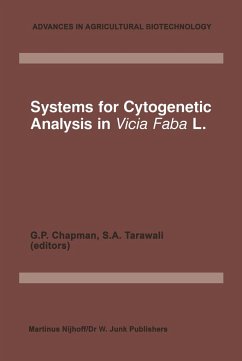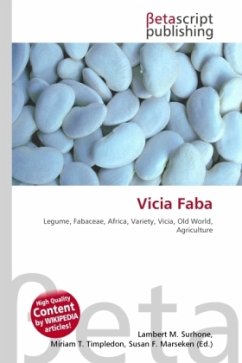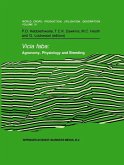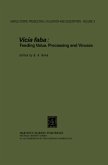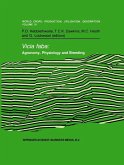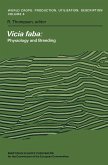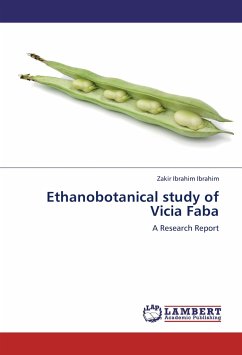Unlike the situation in the major cereals, the yields of Vicia faba have not been markedly increased during the last half century. There is no single cause for this but among those that have been important is the lack of cytogenetic understanding in relation to breeding performance. Since as a consequence, little genetic variation has been available to agronomists conclusions, probably unwarranted, have been drawn about the limited prospects for the faba bean. Against such a background it has been difficult to justify the investment of research resources in the crop. The central theme of this book is that with the establishment of cytogenetic studies in Vicia faba understanding of its genetic system will develop in relation to breeding improvement and thereafter some at least, of the impediments to yield increase can steadily though not dramatically, be removed. We have distinguished between longer and shorter papers and only the former include Abstracts. The latter amplify themes in the longer papers or were written to develop particular topics at the request of the editors. G.P. Chapman S.A. Tarawali Wye College, April, 1984 VIII ACKNOWLEDGEMENTS We would like to thank the various contributors to this publication for the readiness with which they have met our various req~ests. Our thanks are due to the staff of the Centre for European Agricultural Studies for facilitating arrangements for the Seminar and to Mr. Peter Abott and Carl Zeiss (Oberkochen) Ltd. for the display of microscopes.

